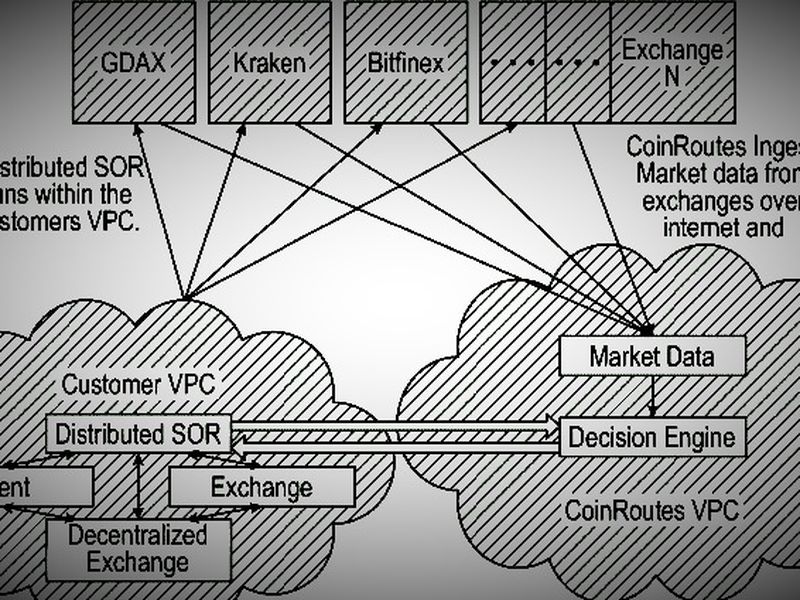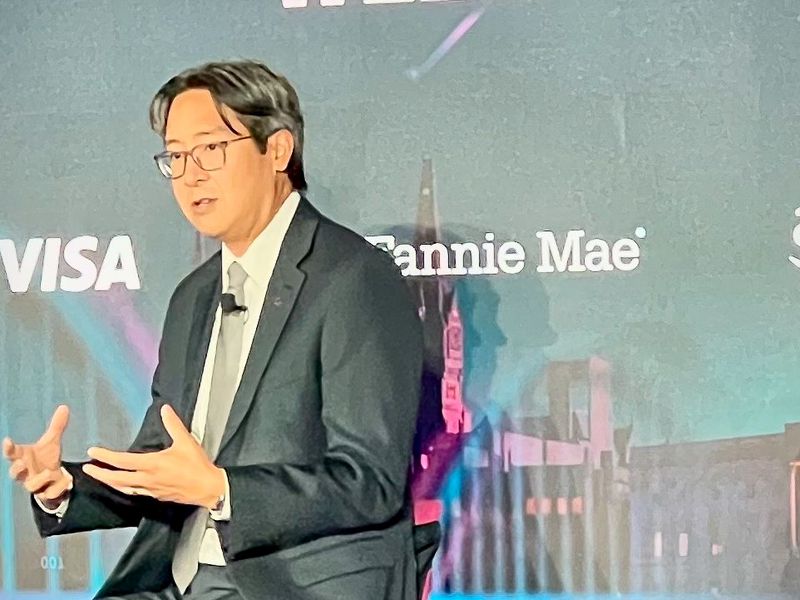Bitcoin mining giant Bitmain has denied widely circulated reports that its co-CEO, Jihan Wu, has been ousted from the board of BitMain Technologies Holding Company, the entity currently seeking to go public on the Hong Kong Stock Exchange (HKEX).
The news first emerged on a Chinese cryptocurrency media site on Monday, which suggested that Wu and several other executive directors had left their positions at a different entity, Beijing Bitmain Technology Limited.
The report further cited a lawyer, not affiliated to Bitmain, who said the change meant Wu would no longer have executive power over Bitmain’s operations. However, the report did not state clearly whether that comment was referring to Beijing Bitmain Technology or the holding company.
Various media reports have subsequently cited the news and alleged that Wu is no longer at the board of the holding company and hence has no voting power on the firm’s management.
Based on a Chinese business registration database, Beijing Bitmain Technology did record board changes on Nov. 7.
Responding to a CoinDesk enquiry, however, a Bitmain representative said the board change was solely at the subsidiary company. Regarding BitMain Technologies Holding Company, the representative said: “To be clear, there is no change in the board structure there.”
Board reshuffle
The structure reshuffle at the Beijing subsidiary shows that Ketuan “Micree” Zhan, who previously served as the chairman of the board, has now become an executive director of the subsidiary.
At the same time, Wu’s role has changed from board director to supervisor, while other directors including Zhaofeng Zhao and Yuesheng Ge are no longer on the list of board directors, as per the database.
The company further stated in an email response:
“As is standard listing practice, Bitmain is restructuring its board and group structure, to ensure it meets regulatory requirements on its road to IPO. This is to simplify the board structure to facilitate its management. There have been no board departures and co-founder Jihan Wu will continue to lead the company as co-chair, together with co-chief executive officer, Micree Zhan.”
Based on Bitmain’s draft IPO prospectus, there are currently seven members of the holding company board. Zhan and Wu both serve as co-founder, executive director, co-chairman and co-chief executive officer. Ge and Luyao Liu both serve as executive directors.
The board also includes three independent non-executive directors, not affiliated to the holding company. The listing rules and guidance provided by the HKEX requires that any IPO issuer “must appoint independent non-executive directors representing at least one-third of the board.”
Voting rights
Based on Bitmain’s draft IPO prospectus, for now, both Zhan and Wu seem to be far from losing any voting power, as claimed in some reports. The holding company adopted weighted voting rights (WVR) – a dual-share structure – after WVR was given the green light by the HKEX in April following a years-long debate on the issue.
The prospectus stated Bitmain’s share capital comprises Class A and Class B shares, adding:
“Each Class A share entities the holder to exercise one vote, and each Class B share entitles the holder to exercise ten votes, respectively, on any resolution tabled at our Company’s general meetings, except for resolutions with respect to a limited number of Reserved Matters, in relation to which each share is entitled to one vote.”
Currently, Zhan and Wu hold about 3.9 billion and 2.2 billion Class B shares, respectively, although the firm has yet to indicate what percentages those amounts represent of the company’s entire Class B share ownership.
The HKEX had long adhered to a “one share, one vote” approach, a policy that prompted Chinese internet giant Alibaba to choose the New York Stock Exchange over Hong Kong when it went public in 2014.
The Hong Kong exchange later altered the rule in a bid to attract more technology startups, as the dual-share structure is popular among major international tech firms such as Facebook and Google.
BitMain is the fourth company to have adopted the WVR approach for an IPO since the HKEX changed the rule in April.
Jihan Wu image via CoinDesk










